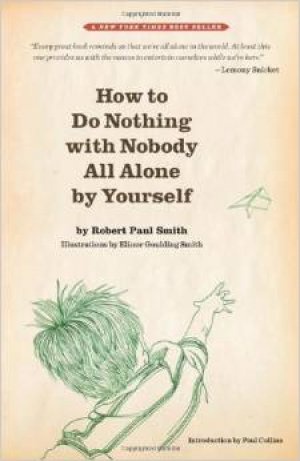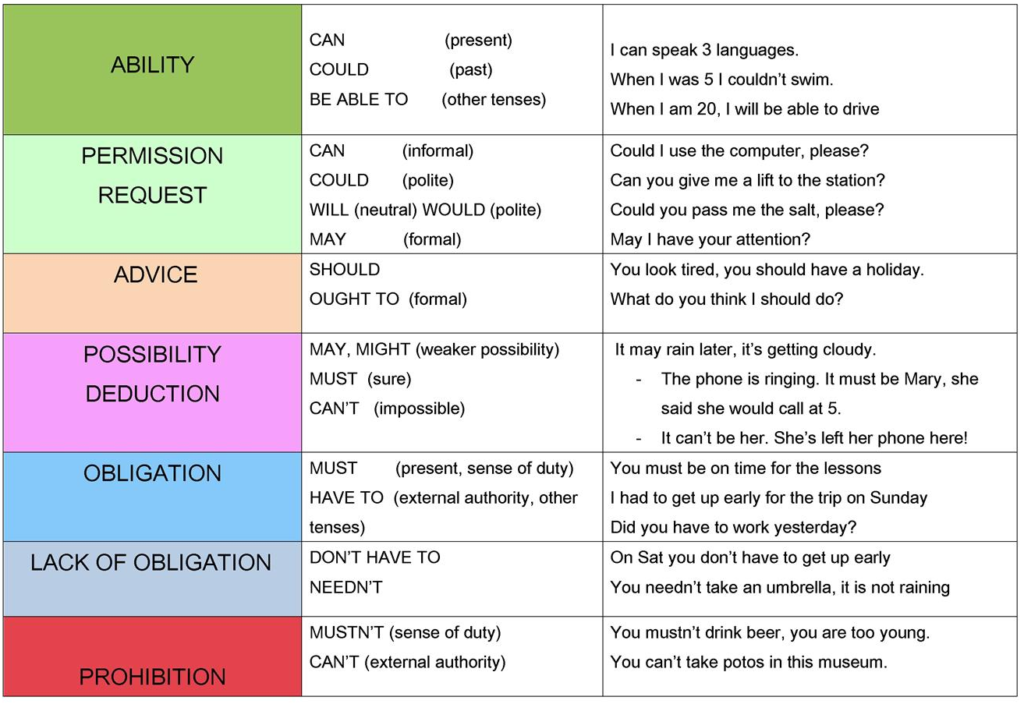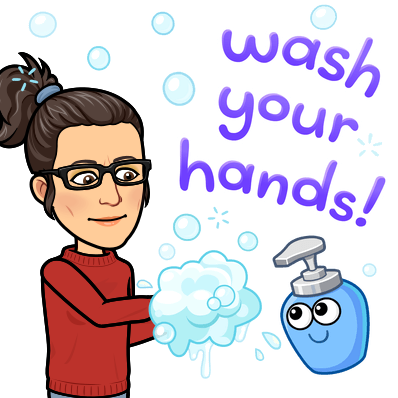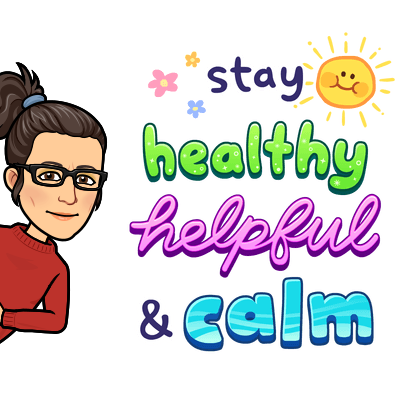

Okay! In times of pandemic and social distance as being the main strategy for stopping the disease, words like social distance itself , quarantine, containment and confinement, allowed or not allowed, come up all the time.
We’ve already had the chance to work with the other words in context. Today we’re going to look at ‘allow‘ within the context of the image above.
allow verb (PERMISSION)
[transitive] 1 can do something to let someone do or have something, or let something happen [= permit]
allow somebody/something to do something
My parents wouldn’t allow me to go to the party.
Women are not allowed to enter the mosque.
Don’t allow your problems to dominate your life.
allow somebody something
Passengers are allowed one item of hand luggage each.
How much time are we allowed?
allow somebody in/out/up etc
I don’t allow the cat in the bedroom.
The audience is not allowed backstage.
something is (not) allowed (=something is or is not officially permitted)
Are dictionaries allowed in the exam?
We don’t allow diving in the pool.
2 make something possible to make it possible for something to happen or for someone to do something, especially something helpful or useful [= permit]:
This adjustment of the figures allows a fairer comparison.
allow for
Our new system will allow for more efficient use of resources.
allow somebody to do something
A 24-hour ceasefire allowed the two armies to reach an agreement.
allow somebody something
a seatbelt that allows the driver greater freedom of movement
Be careful with pronunciation!







